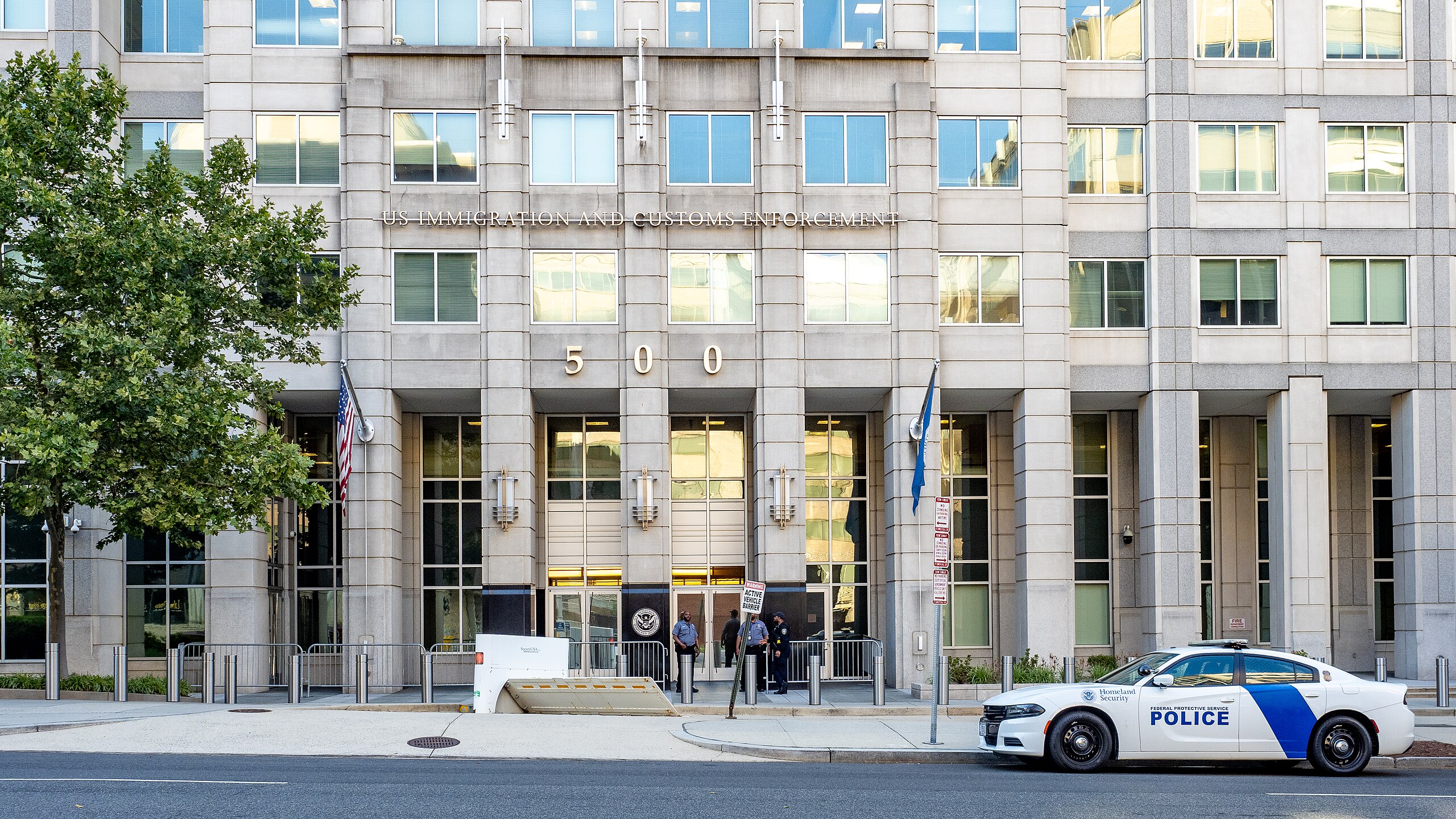Executive Order on "Ethics Commitments by Executive Branch Appointees"
This evening, President Donald Trump released an Executive Order entitled “Ethics Commitments by Executive Branch Appointees.” The order revokes and substantially modifies Executive Order 13490, signed by former President Barack Obama on January 21, 2009.
This evening, President Donald Trump released an Executive Order entitled “Ethics Commitments by Executive Branch Appointees.” The order revokes and substantially modifies Executive Order 13490, signed by former President Barack Obama on January 21, 2009.
While the new order maintains many of the previous Obama-era ethics safeguards, it expands and modifies others. For example, the order maintains the Obama-era ban on officials accepting gifts from registered lobbyists or lobbying organizations. And just like under the previous executive order, after leaving office, officials must avoid lobbying other covered executive branch officials (as defined by the Lobbying Disclosure Act) and non-career Senior Executive Service appointees for the remainder of the Administration.
However, the newly released Executive Order also includes a pledge—required of all executive branch appointees—that bans executive branch officials for five years after they leave office from lobbying any executive agency in which they served. In another change, the order also imposes a lifetime ban on former executive branch officials lobbying for foreign governments or on behalf of foreign political parties, if those activities would require the official to register under the Foreign Agents Registration Act.
In language that largely mirrors the previous ethics executive order, the pledge requires administration officials to avoid participating in policies and other matters that are “directly and substantially related to [their] former employer or former clients” for the first two years of government service. If the official was a registered lobbyist before assuming a position in the administration, they are banned from participating “in any particular matter” or on “the specific issue area” on which they lobbied for within two years of the date of their appointment.
Even so, while the new EO maintains the ban on registered lobbyists participating in any particular matter or specific issue area on which they lobbied within two years of the date of their appointment, it removes a provision barring registered lobbyists from accepting employment with any executive agency that they lobbied within two years of the date of their appointment.
The new order also appears to weaken the revolving door protections for non-lobbyists leaving government. Whereas the previous executive order restricted appointees from unauthorized communications with employees of the executive agency in which they served for two years following the end of their employment, the new order only requires that officials comply with the restrictions found in 18 U.S.C. 207(c), which under statute, extend for only one year. Those restrictions make it punishable for any former executive branch officials to “knowingly make[], with the intent to influence, any communication to or appearance before any officer or employee of the department of agency in which such person served within 1 year before such termination, on behalf of any other person (except the United States) in connection with any matter on which such person seeks official action.”
Finally, Section 3 provides that the president may grant a waiver to any person of any restriction contained in the pledge. The order does not explain on what grounds a waiver may be granted. The previous Obama-era order permitted a waiver by the Director of the Office of Management and Budget in consultation with the Counsel to the President if the Director certified 1) that the literal application of the restriction was inconsistent with the purposes of the restriction, or 2) that it was in the public interest to grant the waiver.
In the event of a violation by any former appointee, the Attorney General is authorized to investigate as appropriate, and upon determining there is a reasonable basis to believe a breach has occurred, initiate civil action against the former appointee.
The new order can be found below:





